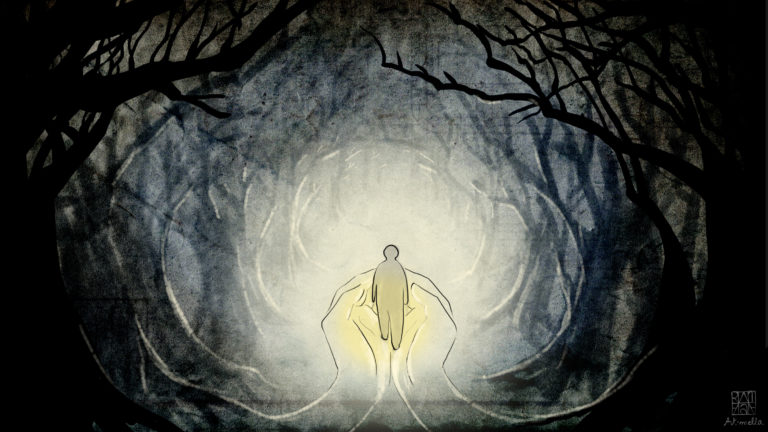Carrying A Piece of Someone Else's Pain
- Christine Smith

- Oct 10, 2023
- 2 min read
I’m certified in mental health first aid and workplace mental health leadership. I believe in checking in on our mental health and having direct conversations about it. I believe that someone with suicidal ideation needs to be taken seriously and connected to proper resources. I also believe that if someone has made up their mind to end their life, our choice is to embrace that choice with a framework that allows it to happen with dignity—or acknowledge the trauma that comes without a proper framework.

I was at the funeral for a young man who died by suicide. A family friend, he had been in our lives for years. He was the son of friends and a friend of our daughter. He was an exceptional human being who had come into his own. He sang, he danced, he played guitar and piano. He had both a career and a new relationship that suited him well. Most of us were aware that he wrestled with his mental health, but at the same time we were unaware of the breadth and depth of his struggle.
I didn’t expect that his funeral would challenge or change me. Yet, it did both. During his brother’s eulogy, he asked us why we would want his brother to keep living with the pain he was in when we could embrace his choice and each carry a bit of that pain for him. I felt punched in the gut. For years, we used words like “selfish” and “ill” to describe people who chose to end their own lives. We whispered about the grief they inflicted on people, the mess they left behind, and the misunderstanding they must have had to think this was the only way out. After that funeral, I wondered who was selfish - them, for wanting pain to end their own suffering, or us, for refusing to carry the grief that came after they were free from it.
I started to ask myself the following questions about death:
Why is it okay to decide to prolong our lives, but not okay to decide to shorten them?
Why do we treat people who wish to end their own life differently than people who wish to extend it?
And how might survivors feel if there was a framework, instead of trauma, surrounding this choice?
I support Medical Assistance in Dying (MAID) and the changes coming in 2024 to allow people whose sole condition is a mental health disorder. I would embrace the framework that already exists with MAID to alleviate the trauma survivors are often left with. I don’t think we can continue to let our biases determine what conditions folks should have to live with.
I think often of the young man who passed and wonder how different things might be today for his survivors if he had the option to choose MAID. If they had gathered around his bed, said their goodbyes, and had been prepared for the grief that would follow his death. I choose every day to carry my grief as a small piece of his pain for him, and I try to wait patiently for MAID to become more inclusive and less biased.
---
Christine Smith is an HHA death doula candidate. You can learn more about her at instagram.com/thoughtful_death_doula.





Comments